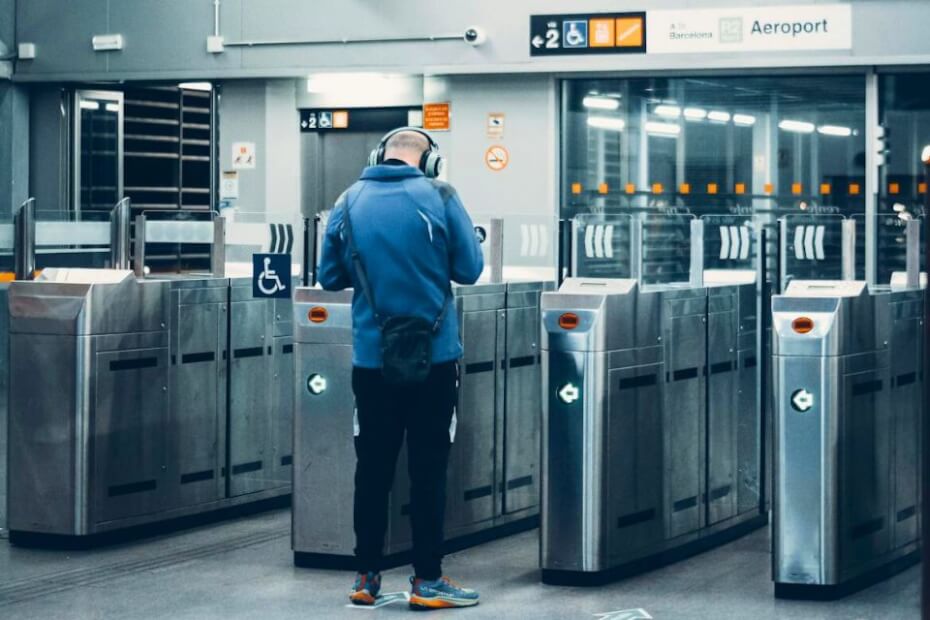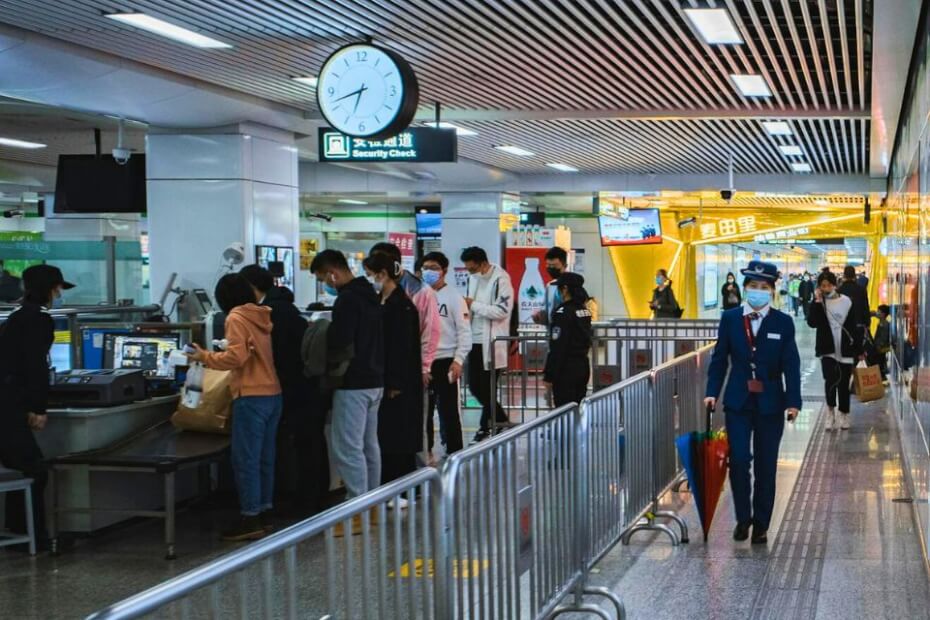
The United Kingdom (UK) is taking steps to minimize disruptions for British travelers with the rollout of the European Union’s (EU) new EES border system.
The EES, or the Entry/Exit System, aims to improve border security by using biometric data to track the comings and goings of non-EU travelers.
However, it also has travelers wary of the expected longer wait times, which could discourage them from visiting EU countries.
Pushing for streamlined EES travel for Brits
The EES is an automated border control system that will replace manual passport stamping for non-EU citizens and residents.
It uses biometric data, such as fingerprint and facial scans, to track travelers’ entering and exiting the Schengen Area.
It aims to enhance security by digitally recording biometric data alongside passport details to more accurately track overstays.
Originally slated for 2022, the EES faced technical delays and is now scheduled for a phased rollout in 2025.
However, concerns remain about whether EU Member States are fully prepared for the EES launch, especially during the initial period.
At the EES Transport Industry Communications Group meeting, a Foreign Office official shared that the UK is pushing for smoother EES checks for its citizens.
UK officials are reportedly lobbying for a streamlined process for British travelers via a “special treatment mechanism.”
Travel Gossip reports that the special treatment would allow UK citizens to avoid unnecessary steps.
This includes not being required to submit fingerprints, as UK officials said facial scans would be enough.
It also includes being exempted from answering additional questions, since Brits are currently not required to do so.
The EU has not specified the questions for arrivals under the EES, but they will likely relate to the duration and location of their stay in the bloc.
These efforts could make a significant difference for the millions of Britons who travel to Europe each year.
Simplified measures, such as a quick facial scan at border points, could reduce congestion and improve travel experience.
Travelers’ concerns about EES travel delays and privacy

The transition to the EU’s new border check system raises multiple concerns for travelers.
Key among these are the potential for longer wait times at border crossings and the technical complexities of providing biometric data.
Some travelers also cited privacy issues, as they are wary of providing sensitive information and of how this information will be stored and used.
These issues affect many travelers, but as a large group of EU tourists, British reactions to the EES could have significant consequences.
A recent survey by Co-op Insurance revealed that 21 percent of Brits plan to skip traveling to the EU altogether due to the new border system.
The survey highlighted frustration with expected delays and hesitation about the mandatory biometric registration process.
This travel boycott due to the EES could spell trouble for EU countries that rely heavily on British tourists.
Spain, for instance, welcomed over 15 million British visitors in 2022, making them one of the country’s largest tourist demographics.
A noticeable drop in these numbers could adversely affect the economies of southern European nations that depend on tourism.
Such concerns have amplified calls for the EU to work with the UK on mitigating travel disruptions.
Travel industry fears about new border system’s impact
Travel industry leaders have also expressed concerns about the EES’s impact on logistics.
Many have warned that the new system could lead to significant delays at airports, ports, and train stations.
These expected delays have prompted contingency traffic plans in the Port of Dover to prevent gridlock in Kent.
Airlines warned that border congestion could leave passengers stuck on planes or on the tarmac.
Transport and travel leaders have called for more clarity and guidance about the EES system and how it could affect travel.
They are also more eager to test the system in a live environment with a small group of travelers to see how it goes.
Doing so could help them identify issues and seek solutions before the EES is applied to all travelers.
Many also hope that the EES mobile app under development could help hasten the EES checks.
An app or an offsite location where travelers can complete forms and submit biometric data could help speed up border crossing times.
As the EES rollout approaches, travelers are encouraged to plan ahead and remain flexible.
This includes allowing extra time at borders and staying updated on changes to entry requirements.
Officials have noted that delays and confusion are likely during the early months of implementation and may last up to a year.
Looking ahead

The success of the UK’s lobbying efforts will play a pivotal role in shaping how the EES impacts British travelers.
If the EU agrees, UK travelers may face fewer disruptions, ensuring a smoother experience when visiting EU destinations.
However, how smooth the EES implementation would be remains to be seen, as no specific launch date has been announced.
Many border officials are eager to start testing the system to catch any issues early on and prevent it.
Both the UK and EU have a shared interest in maintaining strong travel ties while minimizing disruptions to tourism and commerce.
With continued cooperation and preparation, the transition to the EES could eventually benefit all parties involved.

